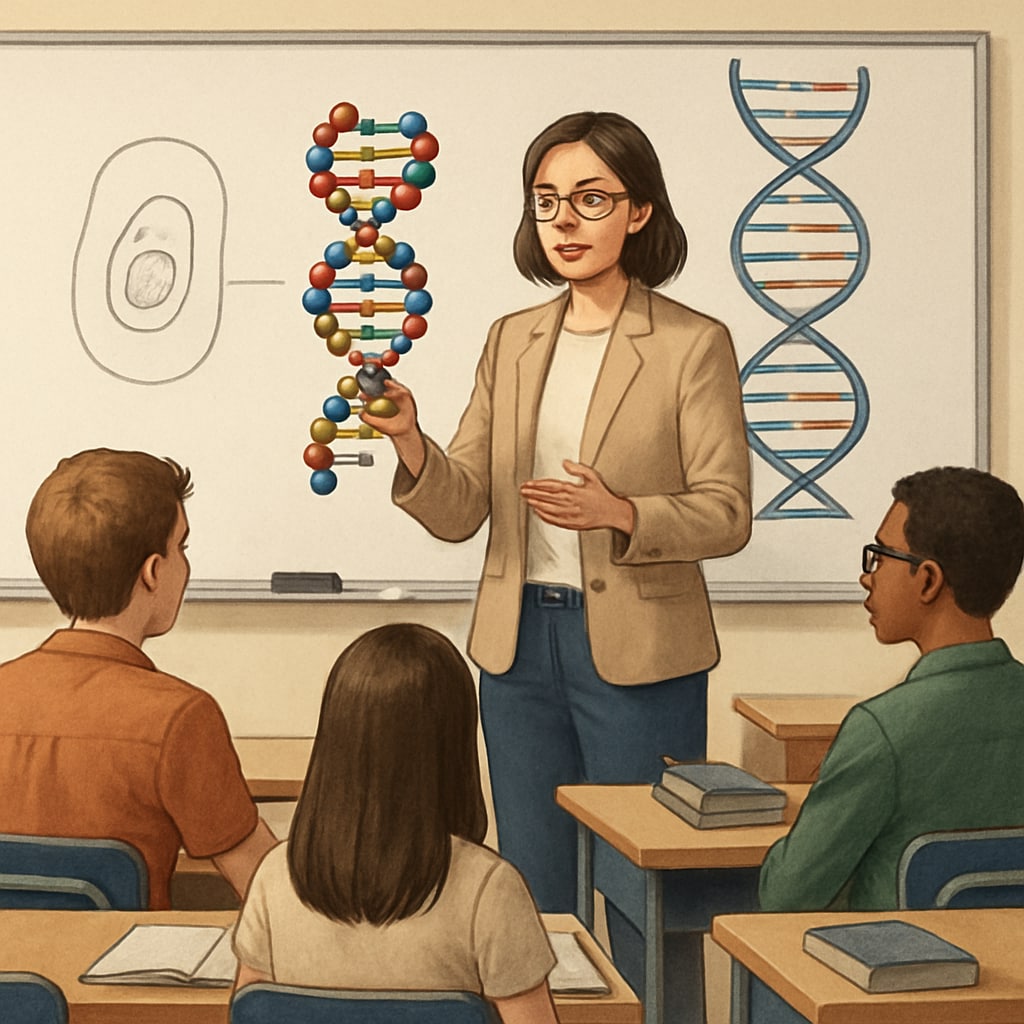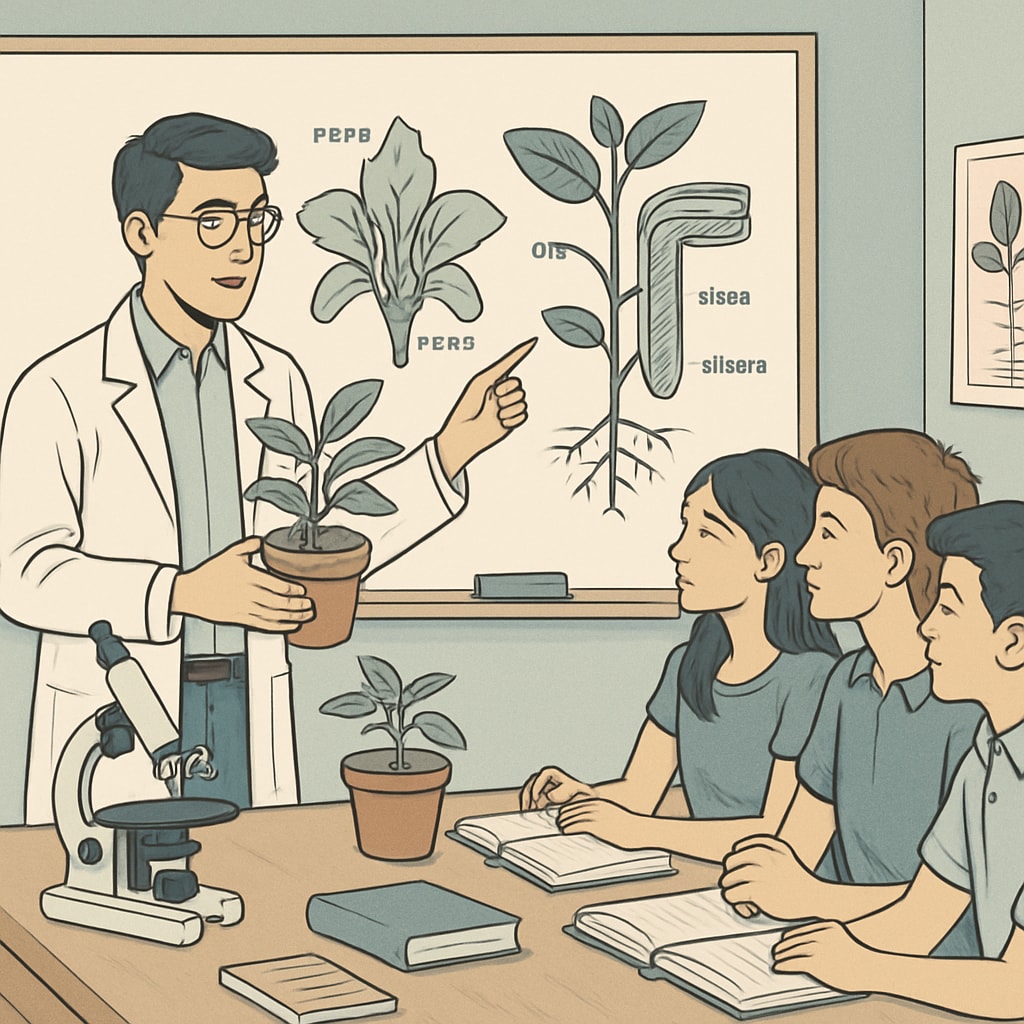Transitioning from a biology degree to a master’s in education may seem unconventional, but it is both feasible and valuable. This shift offers a unique perspective that can significantly enrich K-12 education. In this article, we explore the advantages of combining a biology background with an education degree, and provide actionable strategies for a successful transition.
Why Transition from Biology to Education?
Many students with biology backgrounds may initially pursue careers in research, healthcare, or laboratory sciences. However, a growing number are finding opportunities in education, especially within STEM (Science, Technology, Engineering, and Mathematics) fields. This transition is driven by several factors:
- Demand for STEM Teachers: Schools globally are facing a shortage of qualified STEM educators, making biology graduates highly valuable in this space.
- Passion for Teaching: Some biology graduates discover a passion for teaching and mentoring during lab collaborations or community outreach programs.
- Career Flexibility: Shifting to education provides a stable and fulfilling career path, often with opportunities for professional growth.

Leveraging a Biology Background in K-12 Education
A biology degree provides a strong foundation for teaching science at various educational levels. When paired with a master’s in education, it creates a powerful combination. Here’s how a biology background adds value:
- Content Expertise: Biology graduates bring deep subject knowledge, which is crucial for teaching complex topics like genetics, ecology, and cellular biology.
- Hands-On Skills: Laboratory experience equips graduates with practical skills to design engaging, hands-on experiments for students.
- Interdisciplinary Insights: Biology often intersects with chemistry, physics, and environmental science, enabling graduates to teach a broader curriculum.
Moreover, this interdisciplinary expertise can inspire students to pursue careers in STEM fields, addressing the global need for future scientists and engineers.
Practical Steps for a Successful Transition
While the transition from biology to education may seem challenging, it is entirely achievable with careful planning. Follow these steps to ensure a smooth shift:
- Research Education Programs: Look for master’s programs that focus on STEM education or offer teaching certifications alongside the degree.
- Gain Classroom Experience: Volunteer or work as a teaching assistant to understand the dynamics of a classroom setting.
- Highlight Transferable Skills: Emphasize skills like critical thinking, problem-solving, and communication, which are relevant in both biology and teaching.
- Network with Educators: Connect with professionals in the education field to gain insights and mentorship.
- Stay Updated: Familiarize yourself with the latest teaching methodologies and curricula in science education.

Overcoming Challenges in the Transition
Like any career shift, moving from biology to education comes with its challenges. Common concerns include adapting to classroom management, learning pedagogical techniques, and meeting certification requirements. However, these obstacles can be addressed:
- Classroom Management: Enroll in workshops or courses focused on managing diverse classrooms effectively.
- Pedagogical Training: Utilize your master’s program to gain expertise in teaching strategies tailored to different learning styles.
- Certification: Understand state or country-specific teaching certification requirements and plan accordingly.
By staying committed and leveraging available resources, biology graduates can successfully navigate these challenges and thrive in their new roles.
The Bigger Picture: Impact on K-12 Education
The integration of biology professionals into education has far-reaching implications. It enhances the quality of science education, fosters curiosity among students, and promotes scientific literacy. As a result, students are better prepared for advanced studies and careers in STEM fields. This transition also addresses the critical shortage of STEM educators, making it a win-win for both the education system and aspiring teachers.
In conclusion, transitioning from a biology degree to a master’s in education is a rewarding journey that combines passion, expertise, and purpose. By leveraging their unique strengths, biology graduates can make a lasting impact on the next generation of learners.
Readability guidance: Short paragraphs, lists, and transition words ensure clarity. The article balances technical and general terms, making it accessible to a broad audience.


